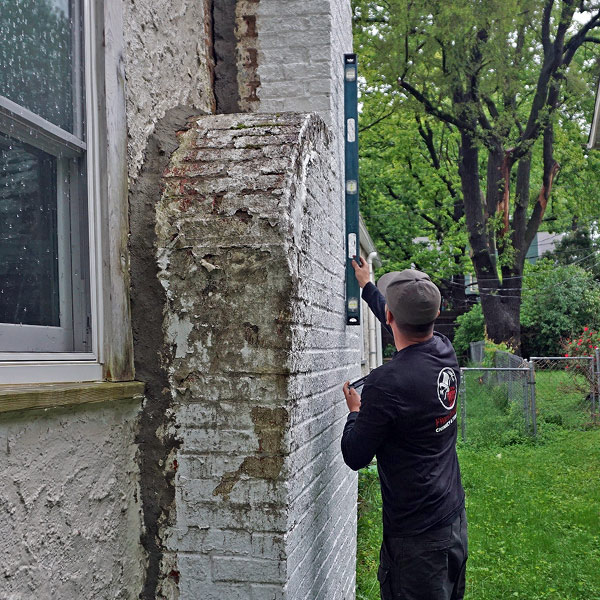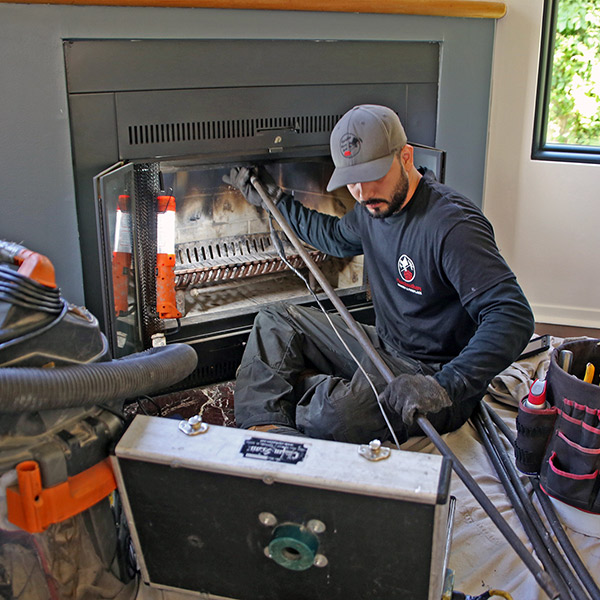When buying a home, many buyers will get a home inspection before they seal the deal. It’s a smart move. Buyers want to know if the house has any defects or needs repairs that may affect its purchase price. However, many homebuyers don’t realize they need a qualified chimney inspector before they close on a home with a chimney and fireplace for the same reason.
 Home Inspector Vs. Chimney Inspector
Home Inspector Vs. Chimney Inspector
Typically, a general home inspection is not sufficient when you have a fireplace or heating stove. While a home inspector is familiar with the home’s major systems, they often lack the specialized training, knowledge, and certification necessary to fully understand the design and function of the chimney system and attached heating appliances. For instance, a home inspector will look at the fireplace and climb on the roof to see if they spot any visible damage. However, they usually don’t do a deep dive into the chimney to examine the flue liner’s condition and other internal components of the chimney.
A damaged flue liner, excessive creosote, rusting damper, and other hidden defects can result in unexpected chimney repairs if not discovered before closing. It can also increase the risk of fire and exposure to harmful contaminants.
Real Estate Chimney Inspection
Before closing on a new home, it is vital to have a qualified chimney inspector conduct a real estate chimney inspection. A real estate chimney inspection is considered a level II inspection and is performed by qualified chimney professionals under the industry guidelines of the National Fireplace Protection Association (NFPA). It is a comprehensive visual examination of the entire chimney system and any attached heating appliances. The inspector will also use video equipment to scan the flue liner, looking for any cracks or flaws that require repair or replacement. Homebuyers are encouraged to be present for the chimney inspection to gain a better understanding of its condition.
 Chimney Damage
Chimney Damage
Here is where the expertise of a chimney inspector is invaluable before closing on the property. Excessive creosote in the chimney is the primary cause of residential fires. Many homeowners are unaware they had a chimney fire until they have a chimney inspection. During the review, the inspector will determine if the fireplace and chimney have been cleaned regularly and if there are indications of a previous fire, flue obstructions, and any moisture or structural damage that needs repair.
Chimney Inspection Report
The chimney inspector will provide the buyer with a detailed inspection report. The report will list the inspection results, including any areas or components that need attention like cleaning, repair, or replacement. If chimney repairs are necessary, buyers can use the inspection report as a negotiating tool to ask the seller to make the recommended repairs or provide a credit at closing.
Protect Your Investment
Homes with a wood-burning or gas fireplace is one of the most sought-after features among buyers. Ordering a level II Real Estate Chimney Inspection before you close the deal will give you peace of mind knowing whether the chimney, fireplace, or heating stove is safe for use or needs expensive repairs.



